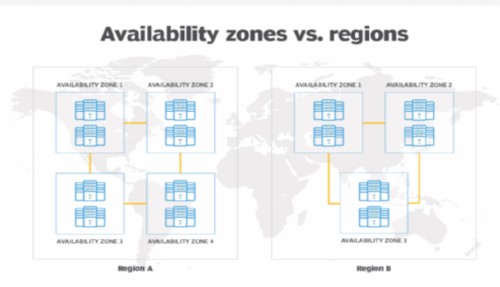A region and a zone are geographical terms used to describe different areas in the world. Regions are large, general geographic areas that may be defined by their physical environment, culture, or political boundaries, while zones are smaller, more specific divisions within these broader regions that usually have some specific characteristic, like an economic purpose, that helps to differentiate them from the rest of the region.
The difference between a region and a zone can be found in their range of definition. A region is a larger, more general area of land that may be defined by physical features, culture, or political boundaries. An example of this would be Europe, which can often be divided into Eastern and Western Europe depending on cultural or political boundaries. On the other hand, a zone is a division within this region with some kind of specific purpose. For example, a Free Trade Zone is a designated area where goods can move freely without going through the normal customs process.
Regions are generally considered to be more geographically diverse and more culturally varied than zones, as they may be made up of multiple countries or even a variety of landscapes and climates. Zones on the other hand, often have a specific purpose, such as being an area with low taxes to attract foreign investment, or having special rules that allow specific goods to move more easily. As a result, they are usually more narrowly focused than a region.
In conclusion, a region is a large geographic area defined by physical features, culture, or political boundaries, while a zone is a smaller, more specific division within this region that usually has a specific purpose, like a lower tax rate or a free trade zone.




